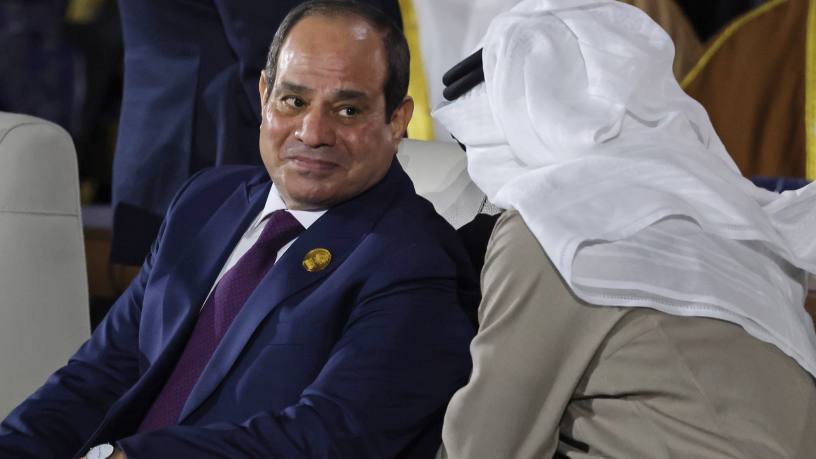After an alarming economic slowdown, the International Monetary Fund (IMF) commended the Egyptian government’s commitment “to modernising government and to reducing government interference in market mechanisms” and “accelerating Egypt’s transformation into a dynamic, private sector-driven economy”. The year is 2005, the president is Hosni Mubarak, and Abdel Fattah Al-Sisi, who would go on to become president in 2014, is still a junior army officer.
Now, 18 years later, privatisation remains at the top of reform programmes agreed between the IMF and Egypt in return for a $3bn funding package, in a bid to “reduce the state footprint and level the playing field between the public and private sector, strengthen private sector-led growth, and enhance governance and transparency”.







